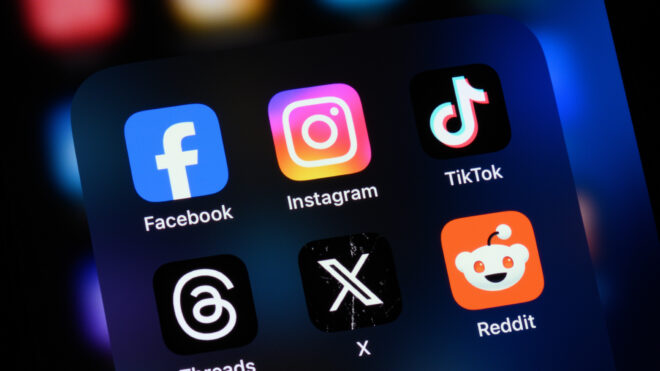We all have a forgotten, half-empty bottle of Children's Tylenol or Motrin tucked away in the back of a bathroom medicine cabinet. And when our child's running a high fever in the middle of the night, who's reading expiration dates? Fortunately, giving your child expired over-the-counter medicine is usually not the end of the world …
As it turns out, the date stamped on the side of a medicine bottle is not a hard and fast rule for when the contents go bad.
"An expiration date is the manufacturer's guarantee of total efficacy," explains Deb Lonzer, MD, a board-certified pediatrician and the Chair of the Department of Community Pediatrics for the Cleveland Clinic Children's Hospital. In other words, up until that specific month, date, and year, your baby Tylenol or cough syrup will work as well as promised. Then after that, you're on your own.
Sort of.
More from CafeMom: 12 Things All Moms Need in Their Medicine Cabinet
"Studies have shown that some medicines are still good 15 years after their expiration date," says Lonzer.
How can this be?
According to Joe Alton, MD, a medical preparedness expert and author of The Survival Medicine Handbook, the government stores millions of doses of medication for uses in emergencies. "In the past, they would dispose of them immediately after their expiration date. [When cost became a concern,] they tested 100 medications for potency … and found that most drugs in pill or capsule form were still 100% potent for a number of years after expiration."
Still, we're talking about kids here, not a global epidemic, so you do want to err on the side of caution. Although your child cannot be harmed by expired OTC medicine, says Lonzer, "its efficacy could be decreased, and you might not know, especially with very young children who aren't able to tell you."
More from CafeMom: 11 Genius Mom Hacks to Try When Kids Are Sick
Here are some guidelines from the experts:
1. OTC Pills Swallowed Whole: Pills that you swallow, don't chew, are probably okay to administer one year after their expiration date.
2. OTC Chewable Pills: Because chewables break down more quickly, you'll want to pitch them six months after they expire.
3. OTC Liquids: These meds, which children use most, have the shortest shelf life and really should be discarded as soon as possible after their expiration date. "Because you're frequently opening and closing the bottle and possibly putting the dropper into the child's mouth then back into the bottle, it's easy for bacteria to grow inside it," Lonzer says. And the younger the child, "the less their metabolic system is developed, and this can cause problems," Alton adds.
4. Prescription Medications: Antibiotics and other prescription medications, like insulin, should not be used at all once they pass their expiration date, says Lonzer.
And while giving your child expired OTC medicine once during a middle-of-the-night emergency may not be a catastrophe, "don't be cavalier about it," Lonzer warns. "If it's the middle of the day and your child starts running a fever, go to the store and get the fresh stuff."




